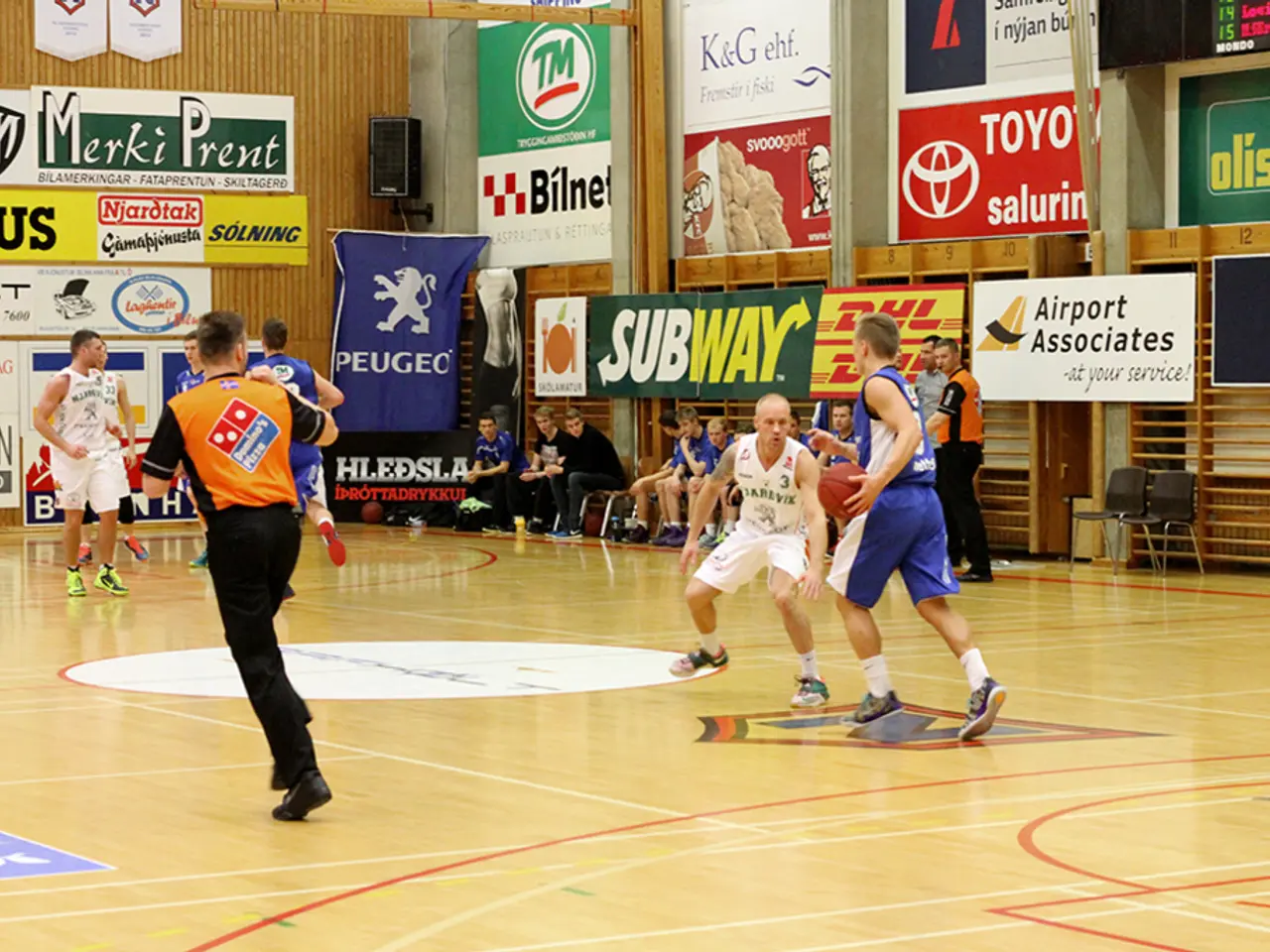Family Reunification Restrictions for Former Refugee Children
Can a refugee who went through naturalization process seek to bring his biological parents with him?
In a surprising turn, the Higher Administrative Court (OVG) Berlin-Brandenburg has ruled that a former minor refugee, naturalized as a German citizen, cannot bring in their parents through family reunification[1]. This judgment overturns an earlier decision by an unnamed administrative court.
The case involves a man who arrived in Germany as an unaccompanied minor in 2015. The man was initially granted refugee status, and a lawsuit was filed in 2017 on behalf of his parents for family reunification. The son's naturalization as a German citizen in 2022 led to the Foreign Office rejecting the visa application, stating that the refugee status ended with naturalization.
The family pursued legal action, and the administrative court ordered the Federal Republic to issue the visas. The court argued that the practical effectiveness of EU law required that the existing claim to family reunification should not be lost due to naturalization. However, the defendant appealed to the OVG, which ruled in their favor.
The OVG determined that with the acquisition of German citizenship and EU citizenship, the European Family Reunification Directive was no longer applicable[1]. The court's decision means that case law from the European Court of Justice, allowing reunification even after majority, if minority was at the time of the asylum application, no longer applies. The OVG reasoned that it had not considered it feasible to extend these principles to reunification with a (now) German citizen. As a result, the appeals court granted the appeal and sided with the Foreign Office.
Given this ruling, former minor refugees naturalized in Germany need to reconsider any plans for bringing their parents through family reunification. With this judicial decision, it appears that the path to family reunification becomes challenging for those who found a new home in Germany after seeking refuge.
Insights:
- The Berlin-Brandenburg Higher Administrative Court has ruled that family reunification is not allowed in certain circumstances when the former refugee child has been naturalized as a German citizen.
- This ruling follows a legal battle between a refugee family seeking family reunification and the Federal Republic.
- The European Family Reunification Directive is no longer applicable for former refugee children who have acquired German citizenship.
- The court's decision means that case law from the European Court of Justice does not apply to this situation.
- Migration
- Refugees
- Refugee Policy
- Courts
- Judgments
- Family Reunification
- Foreign Office
- Berlin
- EU
- Refugee Rights
- Naturalization
- Legal Proceedings
- German Citizenship
- Case Law
- The judicial decision on family reunification for former refugee children highlights a potential challenge in their journey towards becoming fully integrated members of the new community, as it may affect their employment policy and community policy with respect to family matters.
- The ruling on family reunification restrictions has political implications, potentially impacting the future approach of the German government towards refugee migration and politics, as it sets a precedent that could influence other similar cases involving refugees seeking general-news updates on their rights and status in the country.








